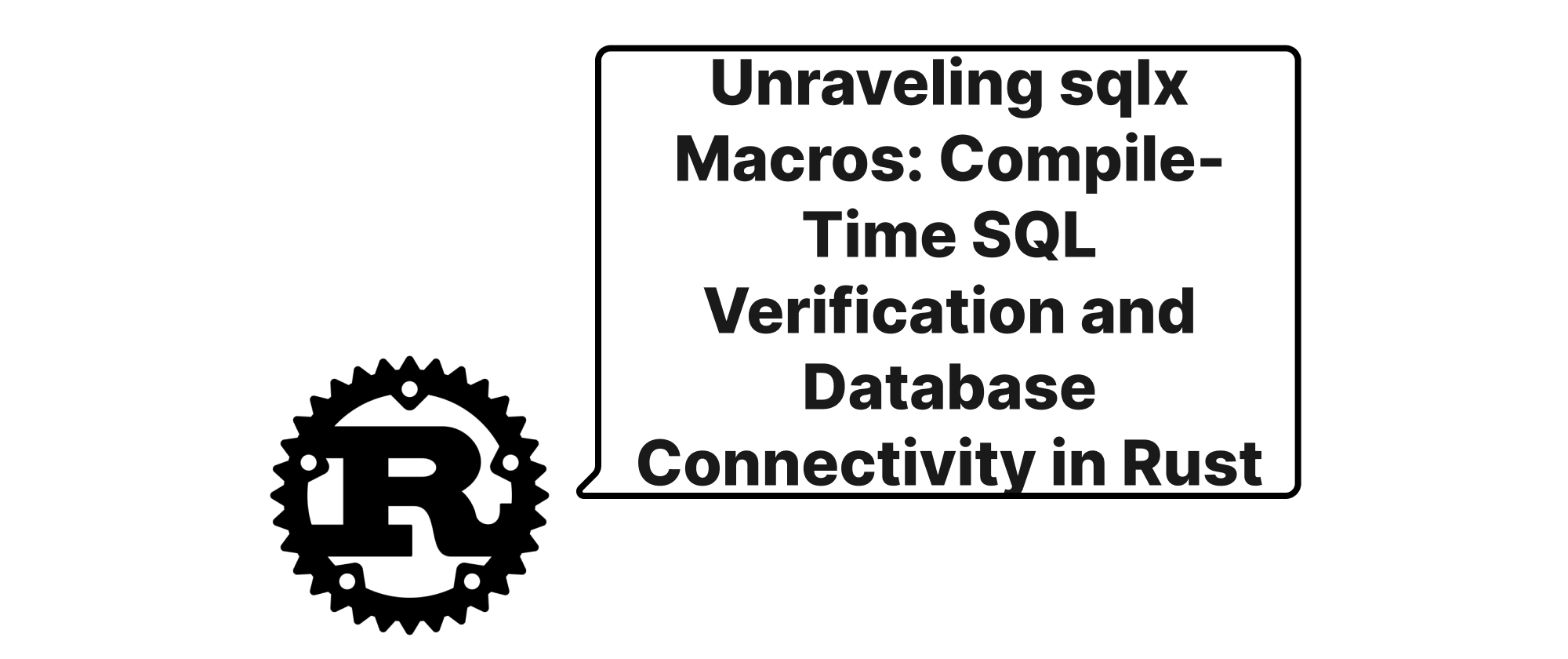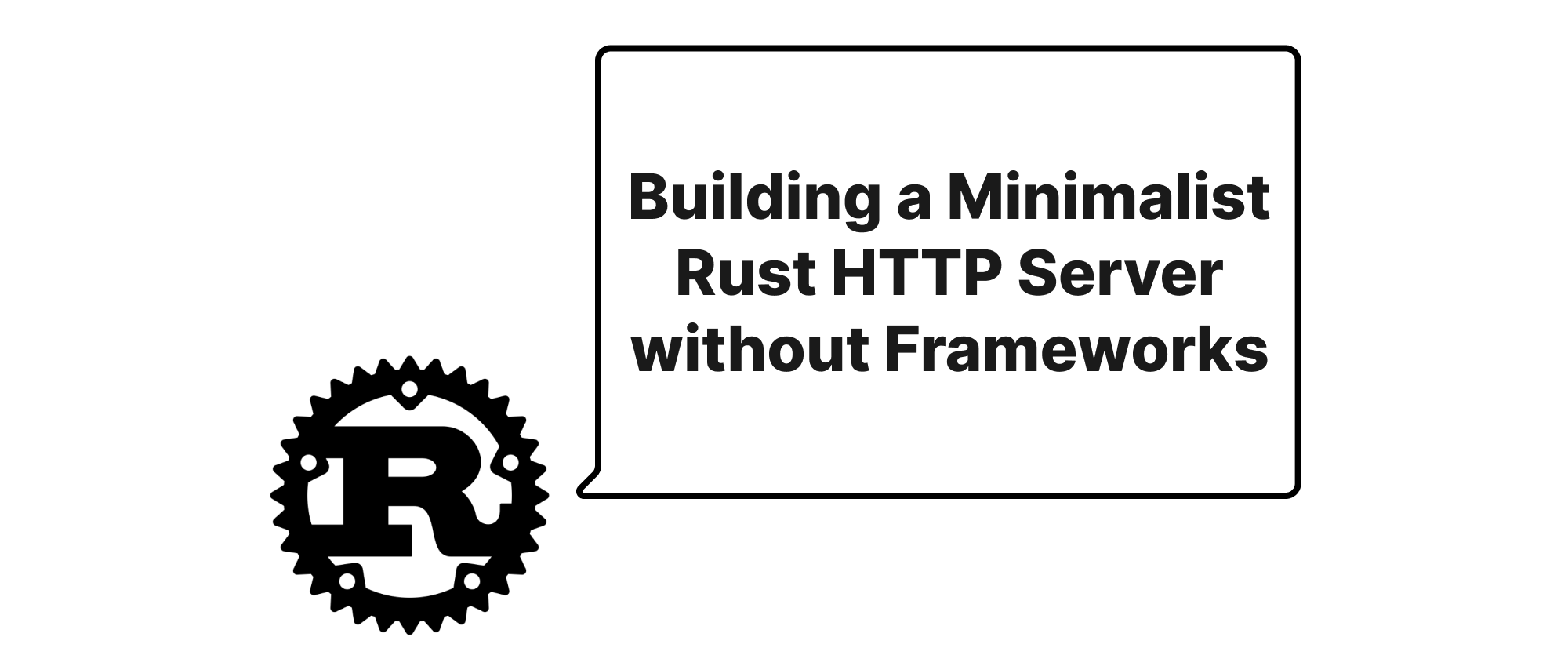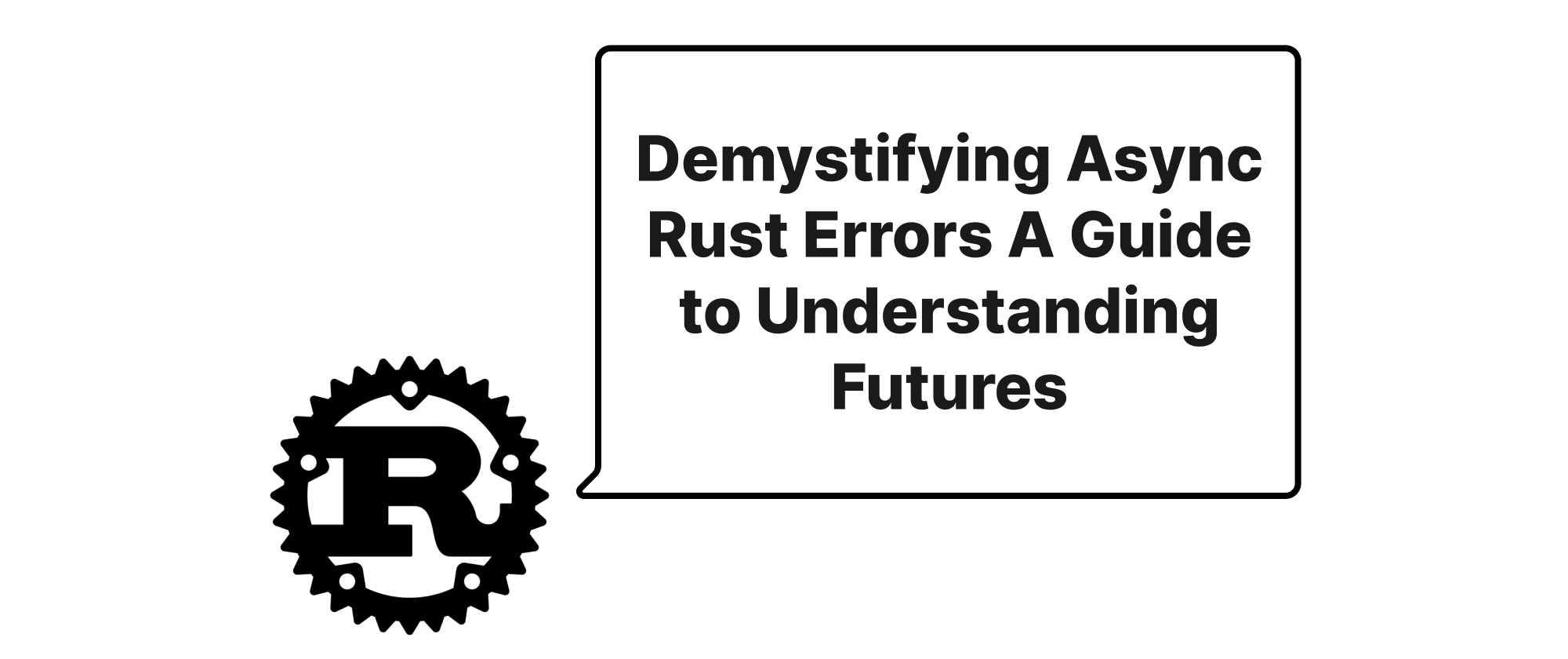Unraveling sqlx Macros: Compile-Time SQL Verification and Database Connectivity in Rust
Wenhao Wang
Dev Intern · Leapcell

Introduction
In the world of application development, interacting with databases is a fundamental requirement. Historically, this has often been a source of common errors, such as typos in SQL queries, mismatches between schema and code, or incorrect data types for parameters. These issues frequently manifest at runtime, leading to crashes or incorrect data, and are notoriously difficult and time-consuming to debug. Rust, with its strong emphasis on correctness and safety, offers an elegant solution to this problem through libraries like sqlx. sqlx stands out by providing powerful macros that shift the burden of SQL validation from runtime to compile time. This ensures that your SQL queries are syntactically correct and type-safe before your application even runs, significantly boosting developer confidence and application reliability. But how exactly do these macros achieve such a feat? Let's peel back the layers and understand the ingenious mechanisms behind sqlx's compile-time magic and its seamless database connectivity.
Core Concepts Behind sqlx's Compile-Time Prowess
Before diving into the mechanics, let's define a few essential terms that are central to understanding sqlx's approach:
- Macro: In Rust, macros are a form of metaprogramming that allow you to write code that writes other code. They operate during compilation, expanding into concrete Rust code before the compiler performs its regular checks.
sqlxheavily relies on declarative macros (macro_rules!) and procedural macros (specifically function-like procedural macros). - Procedural Macro: A powerful type of macro in Rust that operates on Rust's Abstract Syntax Tree (AST). This allows procedural macros to analyze, modify, and generate arbitrary Rust code based on their input.
- Compile-Time Verification: The process of checking the correctness and validity of code during the compilation phase, as opposed to runtime.
sqlxexcels at this by verifying SQL queries against a live database schema. - Database URL: A string that specifies the connection parameters for a database, such as the host, port, database name, username, and password.
sqlxuses this to establish a connection during compilation and runtime. - Type Inference: The process by which the compiler automatically deduces the data types of variables or expressions based on their usage.
sqlx’s macros leverage this for SQL query results and parameters.
How sqlx Connects to the Database and Verifies SQL at Compile-Time
The core magic of sqlx lies in its procedural macros, primarily sqlx::query!, sqlx::query_as!, and sqlx::query_file!. When you use one of these macros, sqlx doesn't just treat your SQL string as a literal piece of text. Instead, it performs a series of intelligent steps during compilation:
-
Environment Variable for Database Connection:
sqlxneeds to know which database to connect to during compilation. It achieves this by reading a special environment variable, typicallyDATABASE_URL(orSQLX_DATABASE_URL). When you compile your Rust project,sqlx's procedural macros are invoked. They look for this environment variable. If it's present, the macros attempt to establish a temporary, read-only connection to the specified database.For example, before compiling, you might set:
export DATABASE_URL="postgres://user:password@localhost/mydb"This connection is crucial because it allows
sqlxto inspect the actual database schema. -
SQL Parsing and Analysis: Once a connection is established (even if temporary), the macro takes the SQL string you've provided. It then sends this SQL query to the connected database. The database itself parses and validates the query. This is a critical step because the database knows its own schema and SQL dialect intimately.
Consider this Rust code:
// src/main.rs use sqlx::{PgPool, FromRow}; #[derive(Debug, FromRow)] struct User { id: i32, name: String, email: String, } #[tokio::main] async fn main() -> Result<(), sqlx::Error> { let pool = PgPool::connect(&std::env::var("DATABASE_URL").unwrap()).await?; // This macro performs compile-time validation let user = sqlx::query_as!( User, "SELECT id, name, email FROM users WHERE id = $1", 1 ) .fetch_one(&pool) .await?; println!("{:?}", user); // Example of a compile-time error if 'email' column doesn't exist or is misspelled // let user_error = sqlx::query_as!( // User, // "SELECT id, name, emaiiiil FROM users WHERE id = $1", // deliberate typo // 1 // ) // .fetch_one(&pool) // .await?; Ok(()) }During compilation, when
sqlx::query_as!is processed:- It reads
DATABASE_URL. - It connects to the PostgreSQL database.
- It sends
"SELECT id, name, email FROM users WHERE id = $1"to the database for analysis.
- It reads
-
Schema and Type Enforcement: The database executes the query (or at least
PREPAREs it) and returns metadata about the query's expected results. This includes the names of the columns, their data types, and the expected types of any parameters.sqlx's macro then uses this metadata to:- Validate the SQL: If the query is syntactically incorrect, refers to non-existent tables or columns, or has other database-level issues, the database will report an error.
sqlxcaptures this error and turns it into a compile-time error. This is the core magic! You get instant feedback on your SQL before running your application. - Infer Result Types: For
SELECTqueries,sqlxknows the exact columns and their types returned by the database. It can then generate Rust code that creates a struct or tuple with the correct fields and types to represent the query's output. Forquery_as!, it validates that theUserstruct's fields (id,name,email) match the columns returned by the query and their types. IfUserhad a fieldaddressbut the query didn't returnaddress, or ifidwasStringinUserbutINTin the database,sqlxwould raise a compile-time error. - Infer Parameter Types: For parameterized queries (like
WHERE id = $1),sqlxknows the expected type for each parameter from the database metadata. It then ensures that the Rust values you pass (1in our example) are compatible with those expected types.
- Validate the SQL: If the query is syntactically incorrect, refers to non-existent tables or columns, or has other database-level issues, the database will report an error.
-
Code Generation: Based on the validation and type inference, the
sqlxmacro generates actual Rust code. This generated code includes:- The
SQLstring itself (which might be optimized by the macro). - Type annotations and conversions for parameters.
- Code to deserialize the database rows into the expected Rust types (e.g., into the
Userstruct). This often involves generating an anonymous struct representing the query's return columns ifquery!is used, or validating against an existingFromRowstruct forquery_as!.
For instance,
sqlx::query_as!(User, "...", 1)might expand into something conceptually similar to:// Simplified conceptual expansion { // ... internal sqlx setup ... let query_raw = "SELECT id, name, email FROM users WHERE id = $1"; // Type checking and parameter binding logic based on compile-time DB introspection let query = sqlx::query::<Postgres>(query_raw) .bind::<i32>(1) // From compile-time check, $1 expects i32 ; // Logic to map the query result columns to the User struct, // ensuring id: i32, name: String, email: String match. // This is where `FromRow` trait comes into play. let row_mapper = |row: PgRow| -> User { User { id: row.get("id"), name: row.get("name"), email: row.get("email"), } }; // The actual call to fetch_one with the generated mapping query.fetch_one(&pool).await.map(|row| row_mapper(row)) }This generated code then proceeds through the regular Rust compilation pipeline.
- The
Advantages of this Approach
- Elimination of Runtime SQL Errors: The most significant benefit. Typos, missing columns, or type mismatches are caught during development, not after deployment.
- Improved Type Safety:
sqlxguarantees that the data types fetched from the database align with your Rust structs, preventing runtime panics due to deserialization errors. - Reduced Debugging Time: Catching errors earlier in the development cycle drastically reduces the time spent on debugging.
- Self-Documenting Code: The SQL query is right there in your Rust code, and its validity is ensured.
- Performance: While compile-time connection adds a slight overhead to compilation time, it removes the need for runtime validation of SQL queries, leading to more efficient execution. The generated code is also highly optimized.
Handling Schema Changes
A common question is: what happens if the database schema changes after compilation? sqlx's compile-time validation works against the schema at the time of compilation. If the schema changes (e.g., a column is renamed or removed), you'll need to recompile your application. During the recompilation, sqlx will detect the new schema, and if your queries are no longer valid, it will report compile-time errors, prompting you to update your SQL or structs. This "fail-fast" mechanism is a feature, not a bug, as it highlights potential inconsistencies immediately.
Conclusion
sqlx's macros represent a powerful fusion of Rust's compile-time guarantees and robust database interaction. By leveraging procedural macros to connect to a live database during compilation, sqlx shifts SQL validation and type checking from error-prone runtime scenarios to the predictable and safe realm of compilation. This ingenious approach effectively eliminates a large class of database-related bugs, boosts developer confidence significantly, and delivers highly reliable and performant applications, making sqlx an indispensable tool for safe and efficient database programming in Rust. It's a testament to Rust's macro system enabling truly innovative and robust solutions.


